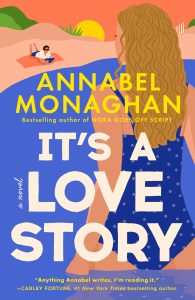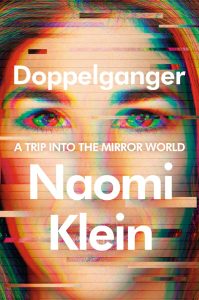
Douglas Murray’s On Democracies and Death Cults: Israel and the Future of Civilization arrives at a time when the world’s moral compass seems increasingly fractured. As the author of The War on the West and The Madness of Crowds, Murray has long positioned himself as a sharp cultural commentator and defender of Western civilization. This latest work is his most urgent yet a book that dives headlong into the Israeli–Palestinian conflict and argues that what is at stake is nothing less than the survival of democratic values themselves.
Murray begins by revisiting the horrors of October 7, 2023, when Hamas militants breached Israeli territory and committed what he calls the “October Massacre,” killing more than 1,200 people. From the very first chapter, the tone is grim yet resolute. Through extensive on-the-ground reporting, Murray weaves together testimonies from survivors, military officials, and medical examiners tasked with sorting through the aftermath of unthinkable atrocities. His aim is not only to document what happened but also to ask why so many in the West responded with indifference or even celebration.
To Murray, this moral confusion reveals a crisis of values. He argues that Israel represents a flourishing, pluralistic democracy that upholds freedom, capitalism, and reason, while Hamas embodies what he calls a “death cult,” an ideology that venerates destruction over life. The book’s thesis is simple but provocative: supporting Hamas or its narrative is to undermine the very foundation of democratic civilization.
Critics, however, have found Murray’s framing overly simplistic. Some accuse him of offering a one-sided defense of Israel while dismissing Palestinian suffering and grievances. Indeed, reviewers like Arthur Read see the book as “propaganda,” arguing that Murray ignores the historical complexities of 1948, the displacement of Palestinians, and the colonial legacies that underpin the modern conflict. They contend that Murray’s refusal to acknowledge Israel’s own violent origins or its treatment of Palestinians weakens his moral argument.
Yet for others, such as Brian Katz and Stuart Yellop, Murray’s book is not an act of propaganda but a necessary wake-up call. Katz praises Murray’s meticulous fieldwork and emotional clarity, noting that he “captured the anguish of families whose loved ones were either killed or taken hostage” and painted a vivid picture of Israel’s struggle for survival. Yellop, though an atheist liberal, found common ground with Murray’s core message: the defense of democratic nations against forces that seek their destruction.
What elevates On Democracies and Death Cults beyond a mere political tract is its scope. Murray draws historical parallels from the wars of 1948, 1967, and 1973, tracing the ideological fault lines that continue to shape the Middle East. He also turns his gaze toward the West, where college campuses and activist groups often cast Israel as an oppressor. Murray finds this trend both intellectually dishonest and morally dangerous, insisting that Western progressives are unwittingly aligning themselves with movements that reject the very ideals gender equality, individual liberty, free expression that they claim to uphold.
Despite its sharp polemical style, the book closes on an unexpectedly hopeful note. Murray expresses admiration for the resilience of Israelis and their collective determination to protect life even when surrounded by death. He suggests that the spirit of resistance displayed in the wake of October 7 might inspire other democracies to rediscover their moral confidence in an age of relativism.
On Democracies and Death Cults will not please everyone. It is unapologetically partisan, emotionally charged, and unyielding in its defense of Israel. But it is also a powerful and necessary contribution to the conversation about the future of Western civilization. Whether one agrees with Murray’s conclusions or not, his writing challenges readers to confront uncomfortable truths about morality, history, and the fragility of freedom.
If you are ready for a book that dares to provoke and refuses to conform to polite neutrality, On Democracies and Death Cults is essential reading.


